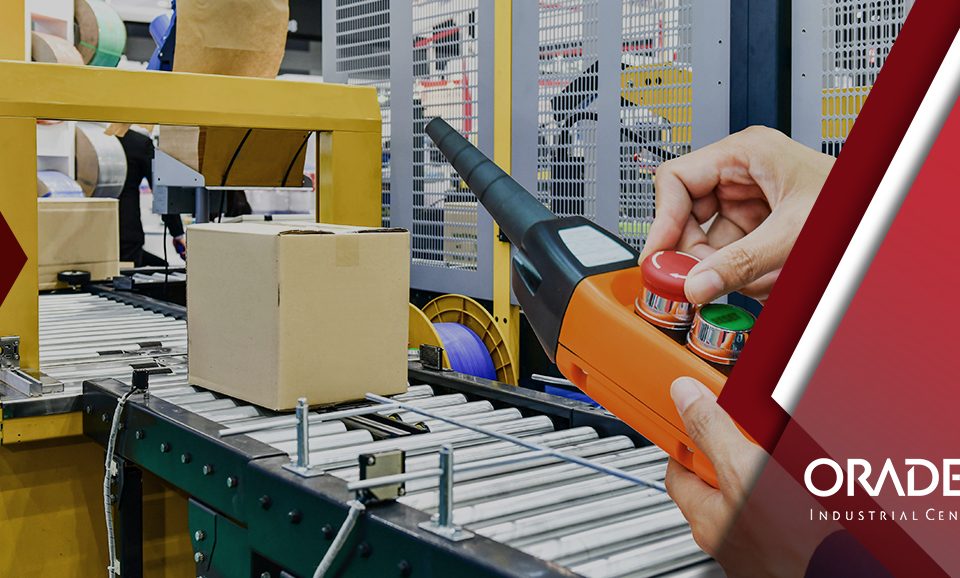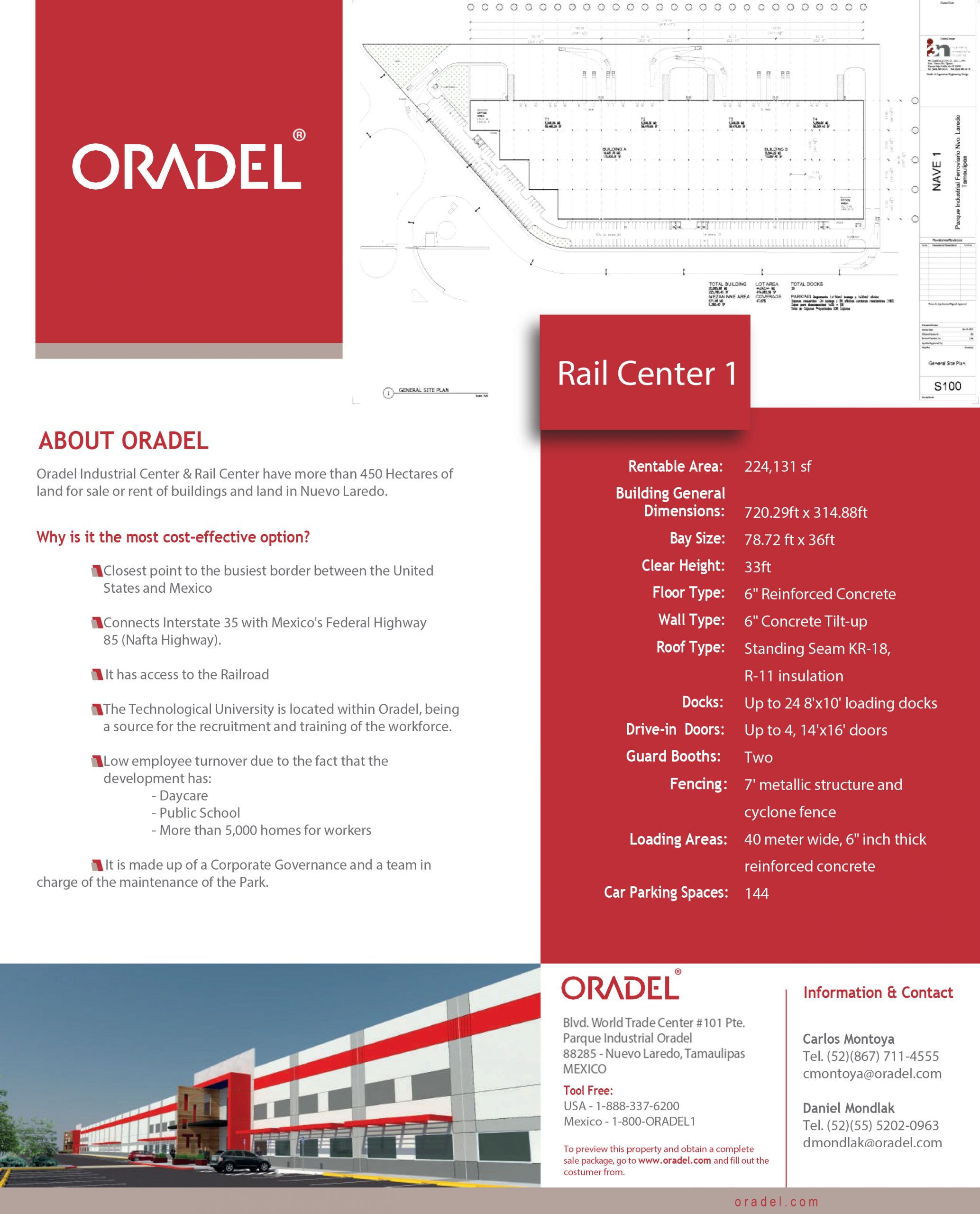Ally-Shoring: New strategy to link Mexico and the U.S.

Mexico ranks ninth place in the installation of industrial robots
5 April, 2021
Keys to the manufacturing industry: planning and digitalization
5 April, 2021
Ally-Shoring: New strategy to link Mexico and the U.S.
The US-Mexico Foundation (USMF) has unveiled a campaign to promote Ally-Shoring, a new trade implementation plan intended to encourage the United States to work only with ideological allies in its attempt to rework supply chains.
This campaign was made public through the publication of the document “The Case and Path of Development for Ally-Shoring: Mexico”, by U.S. economists Elaine Dezenski and John Austin, who formulated this concept, which has been adopted by the foundation as the poster-child for its goals.
According to Enrique Perret, the foundation’s CEO, companies such as Prologis, 3M and Arca Continental that lead the CEO Dialogue investment group, which is a mechanism between the Business Coordinating Council and the U.S. Chamber of Commerce, are promoting Ally-Shoring, for Mexico to provide benefits to the United States in terms of its strategy to relocate supply chains, and let the U.S. government know of its advantages in order to establish strategies.
Perret, who is also the former regional Director of ProMéxico for North America, Mexico’s now-defunct foreign outreach agency, explained at the first virtual forum of the Mexican Association of Industrial Parks (AMPIP) that this document was presented to Mexican and U.S. government officials, and will attempt to extend it to the business community of both nations.
This business group’s proposal at the USMF comes at a time when supply chains between the United States and China have been affected by complications created by the COVID-19 pandemic, but also by the undeclared trade war that both countries have been waging in recent years, although Perret defines it as a technological war in areas such as telecommunications, fintech, the automotive sector, the aerospace industry, pharmaceuticals, biotechnology, semiconductors, etc.
Ally-Shoring was unveiled 8 months after the United States-Mexico-Canada Agreement (USMCA) entered into force. The Agreement was intended to strengthen regional supply chains by requiring greater local content across several industries, such as automotive. In response, several Asian companies, particularly Chinese and even North American companies that established themselves in China a few decades ago, have begun to migrate to North America, as a result of Nearshoring and Reshoring, respectively.
According to Perret, one strategy that should be taken advantage of concerns the changes that have taken place in the U.S. International Development Finance Corporation (DFC), given that two years ago the U.S. Senate allowed the DFC to make equity investments in foreign companies without the need for U.S. partners.
In view of the above, relationships or connections should be created between AMPIP and the DFC to find specific projects within industrial parks of both countries where opportunities exist to enhance the relationship in the automotive, aerospace, and semiconductor sectors, as well as entrepreneurship in areas such as e-Commerce and distribution.
Similarly, Perret noted that companies such as Ikea and Amazon have approached the USMF looking for ways to develop potential Mexican suppliers, which is an opportunity that would increase with the aid of government agencies.
With the arrival of Joe Biden to the U.S. presidency, Enrique Perret sees a positive outlook in the relationship between the United States and Mexico, since there are clear signs of institutional rapprochement, which the Mexican government should take advantage of both in the business sector and in the issue of immigration, which annually brings in more foreign currency to the country than Foreign Direct Investment (FDI).
Oradel Industrial Center has the best location on the Mexico Texas border for companies interested in establishing their manufacturing operations. It is located 10 miles from the international bridge to the United States.





